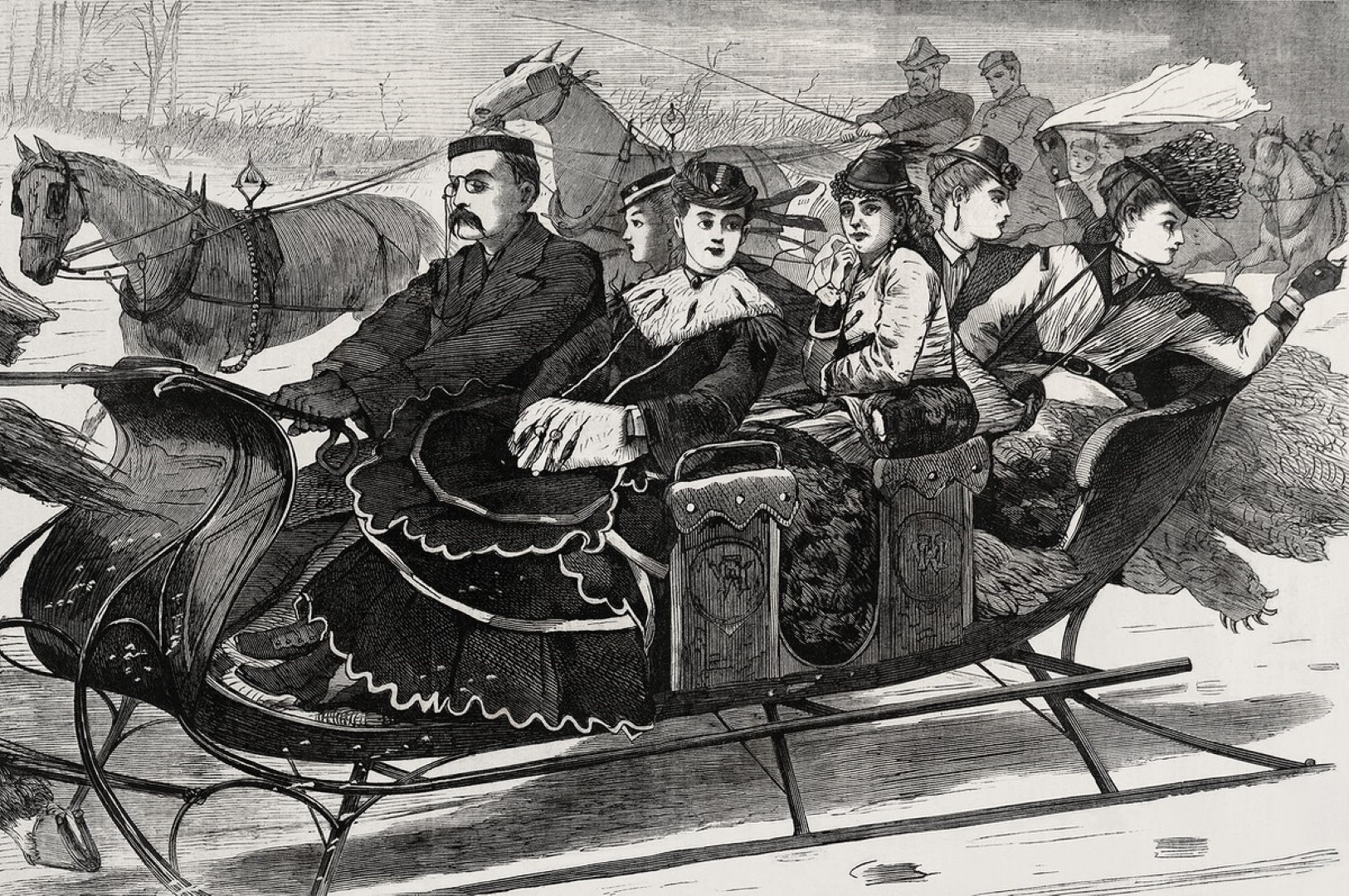The Response of Seminole Tribe to West Flagler in the Florida Sports Betting Case
In recent years, the topic of sports betting has gained significant attention across the United States. With the Supreme Court’s decision to strike down the federal ban on sports betting in 2018, many states have been exploring the possibility of legalizing and regulating this popular form of gambling. Florida, known for its vibrant tourism industry and numerous casinos, has also found itself embroiled in a legal battle surrounding sports betting. One of the key players in this case is the Seminole Tribe, which has responded to West Flagler’s attempts to expand sports betting in the state.
To understand the response of the Seminole Tribe to West Flagler in the Florida sports betting case, it is crucial to delve into the background of the issue. The Seminole Tribe of Florida operates several successful casinos in the state, including the Seminole Hard Rock Hotel & Casino in Hollywood and the Seminole Casino Coconut Creek. These establishments have become major contributors to the state’s economy and have provided employment opportunities for thousands of Floridians.
In 2010, the Seminole Tribe entered into a compact with the state of Florida, granting them exclusive rights to operate certain types of gambling, including slot machines and blackjack. In exchange for this exclusivity, the tribe agreed to pay the state a significant portion of their gambling revenue. However, this compact did not include provisions for sports betting, as it was still illegal at the federal level.
Fast forward to 2018 when the Supreme Court’s ruling opened the door for states to legalize sports betting. This decision prompted West Flagler Associates, a company that operates a greyhound racing track and poker room in Miami-Dade County, to seek permission from state regulators to offer sports betting at their facility. This move immediately caught the attention of the Seminole Tribe.
The Seminole Tribe’s response to West Flagler’s request has been firm and unwavering. They argue that the exclusivity granted to them in their compact with the state extends to sports betting as well. They believe that any expansion of gambling, including sports betting, should be negotiated directly with them, as they have a vested interest in protecting their existing operations and revenue streams.
The tribe’s stance is rooted in their concern that the introduction of sports betting by other entities could potentially cannibalize their own gambling business. The Seminole Tribe has invested heavily in their casinos, and any competition from outside entities could have a detrimental impact on their operations. They argue that allowing West Flagler or any other entity to offer sports betting without their involvement would violate the exclusivity provisions of their compact.
In response to West Flagler’s request, the Seminole Tribe has taken legal action. They filed a lawsuit against the state of Florida, arguing that any expansion of gambling, including sports betting, requires their consent. They assert that the state’s failure to consult with them before considering West Flagler’s request is a breach of their compact.
The outcome of this legal battle remains uncertain, but it has far-reaching implications for the future of sports betting in Florida. If the court sides with the Seminole Tribe, it could mean that any expansion of sports betting would require their involvement and approval. On the other hand, if West Flagler is successful, it could open the floodgates for other entities to enter the sports betting market without the tribe’s consent.
The response of the Seminole Tribe to West Flagler in the Florida sports betting case highlights the complex nature of gambling regulation and tribal sovereignty. It underscores the importance of honoring agreements made between tribes and states and the potential consequences of disregarding those agreements. As this legal battle unfolds, it will undoubtedly shape the future of sports betting in Florida and set a precedent for other states grappling with similar issues.
